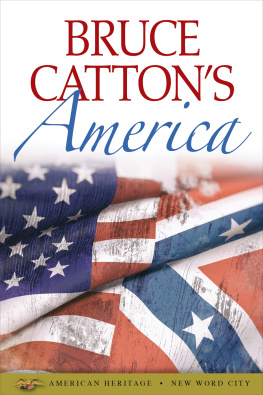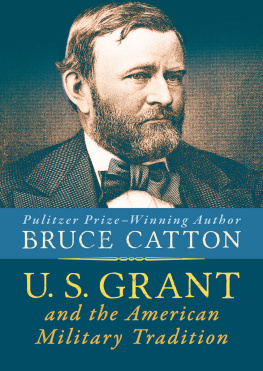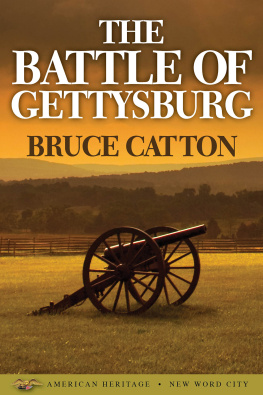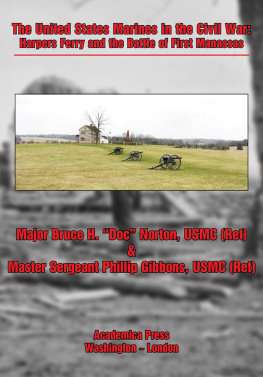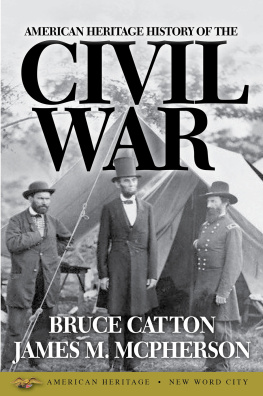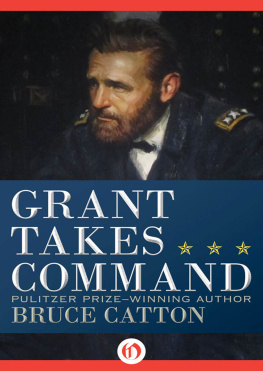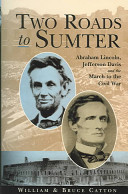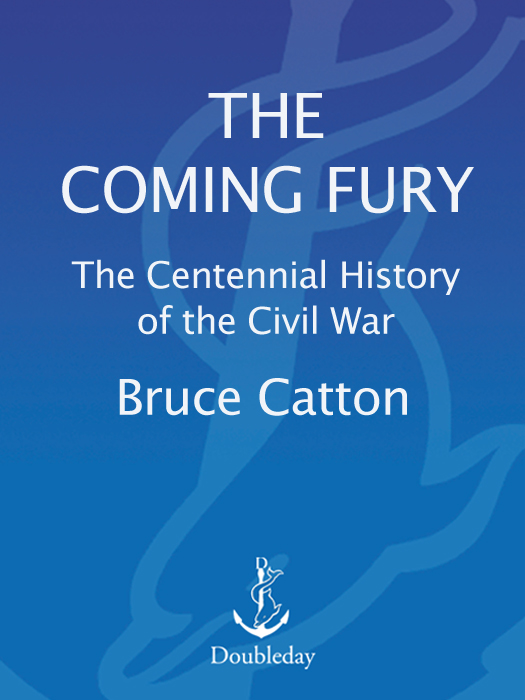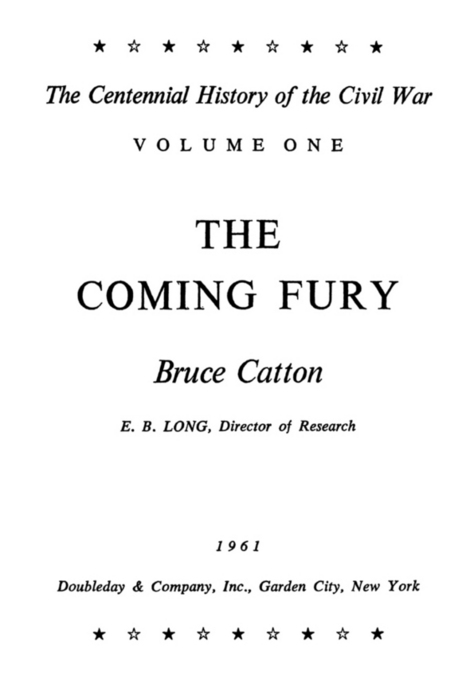Library of Congress Catalog Card Number 61-12502
Copyright 1961 by Bruce Catton
All Rights Reserved
eISBN: 978-0-307-83307-5
v3.1
Once againto Cherry
BOOKS BY BRUCE CATTON
The Coming Fury
The American Heritage Picture History of the Civil War
(narrative)
Grant Moves South
This Hallowed Ground
Banners at Shenandoah (juvenile)
U. S. Grant and the American Military Tradition
A Stillness at Appomattox
Glory Road
Mr. Lincolns Army
The War Lords of Washington

FOREWORD

In the preparation of the multi-volume centennial history of the Civil War, of which this is the first book, it was of course necessary to search for relevant documents in a great many libraries, museums, private collections, and other repositories, to assemble pertinent notes from a great many books, pamphlets, magazines, and newspapers, and to make personal examination of all of the major battlefields, and many of the minor ones, of the war. This work was entrusted to a man who, by personal enthusiasm, original knowledge of the subject and a genius-like capacity for taking infinite pains was probably better qualified than anyone else who could have been foundMr. E. B. Long of Chicago. As director of research for this project he has made a more substantial contribution than it is possible to acknowledge properly; and this note which attempts to give him at least a part of his proper due must also mention the able assistance given by that indefatigable and charming person, Mrs. Barbara Long. In the course of time an almanac, or fact book, which Mr. Long now has in preparation will make available much of the data produced by the research program.
The American Heritage Picture History of the Civil War, already published, is a graphic illustrated volume which stands as a companion piece or supplement to the centennial history.

CONTENTS

LIST OF MAPS AND GRAPHS
Graphs: Population, 1860
Industry, 1860

CHAPTER ONE
Springtime of Decision
1: The City by the Sea
Mr. Yancey could usually be found at the Charleston Hotel, where the anti-Douglas forces were gathering, and a Northerner who went around to have a look at him reported that he was unexpectedly quiet and mild-mannered: as bland and as smooth as Fernando Wood, the silky Democratic boss from New York City, but radiating a general air of sincerity that Wood never had. No one, seeing Yancey in a room full of politicians, would pick him out as the one most likely to pull the cotton states into a revolution. He was compact and muscular, with a square-built head and face, and an eye full of expression, a famous orator who scorned the usual tricks of oratory and spoke in an easy conversational style; he was said to have in his system a full three-hour speech against the Illinois Senator Stephen A. Douglas, to be unloaded at the proper time, and the Northern observer reflected uneasily that although Douglas probably had most of the votes at this convention, the opposition might be a little ahead in brains.
William Lowndes Yancey was worth anybodys study. The Democratic party was convening in Charleston, South Carolina, in late April of 1860, to nominate a candidate for the presidency, and the future of the country perhaps depended on the way the convention acted. The delegates might look for a safe middle ground, and (finding what they sought) work out some sort of compromise that would avert a split in party and nation; or they might listen to the extremists, scorn the middle ground, and commit all of America to a dramatic leap into the dark. Yancey, who was called the Prince of Fire-Eaters, was ready for such a leap. This convention would indulge in no compromise if he could help it.
There was no secret about what Yancey wanted. More than a decade earlier he had denounced the foul spell of party which binds and divides and distracts the South, and had proclaimed the hope that someone would eventually break ita task to which he was now devoting himself. He had asked his fellow Southerners whether we have any hope of righting ourselves and doing justice to ourselves in the Union; answering his question in the negative, he had said that he would work with those who did hope in the belief that eventually they would discover that nothing but secession would do.
There was nobody quite like Yancey, and yet he was somehow typical: one of the men tossed up by the tormented decade of the 1850s (John Brown was another) who could help to bring catastrophe on but who could not do anything more than that. The mildness of his manner was deceptive; he had once had a great fight with his wifes uncle and, in self-defense, had killed the man (a thing which proper Charlestonians still remembered), and while in Congress he had fought a famous although bloodless duel with a fellow Southerner. In his youth he had briefly brushed elbows with the crusading anti-slavery spirit which he now hated above all other things. Born in Georgia in 1814, he had been taken north while still a child when his widowed mother married a Presbyterian minister and moved to Troy, New York; and in this stepfathers church, in 1826, Charles Grandison Finney had preached at the beginning of the great revivalist campaign which was to spread abolitionism like a virulent infection (as Yancey would have said) all across the Middle West. Close friends of the stepfather, too, were such antislavery men as Theodore Weld and Lewis Tappan. None of this touched Yancey, however. He moved south, fell under the spell of John C. Calhoun, entered law, politics, and planter society (he married a rich planters daughter), and in the mid-1840s entered Congress, where his first speech was an impassioned denial that Calhoun wanted or worked for disunion and an independent Southern Confederacy. What he disavowed for Calhoun, however, he presently accepted for himself; a great orator in a land that loved to listen to speeches, he eventually found in slave-state extremism a base to


